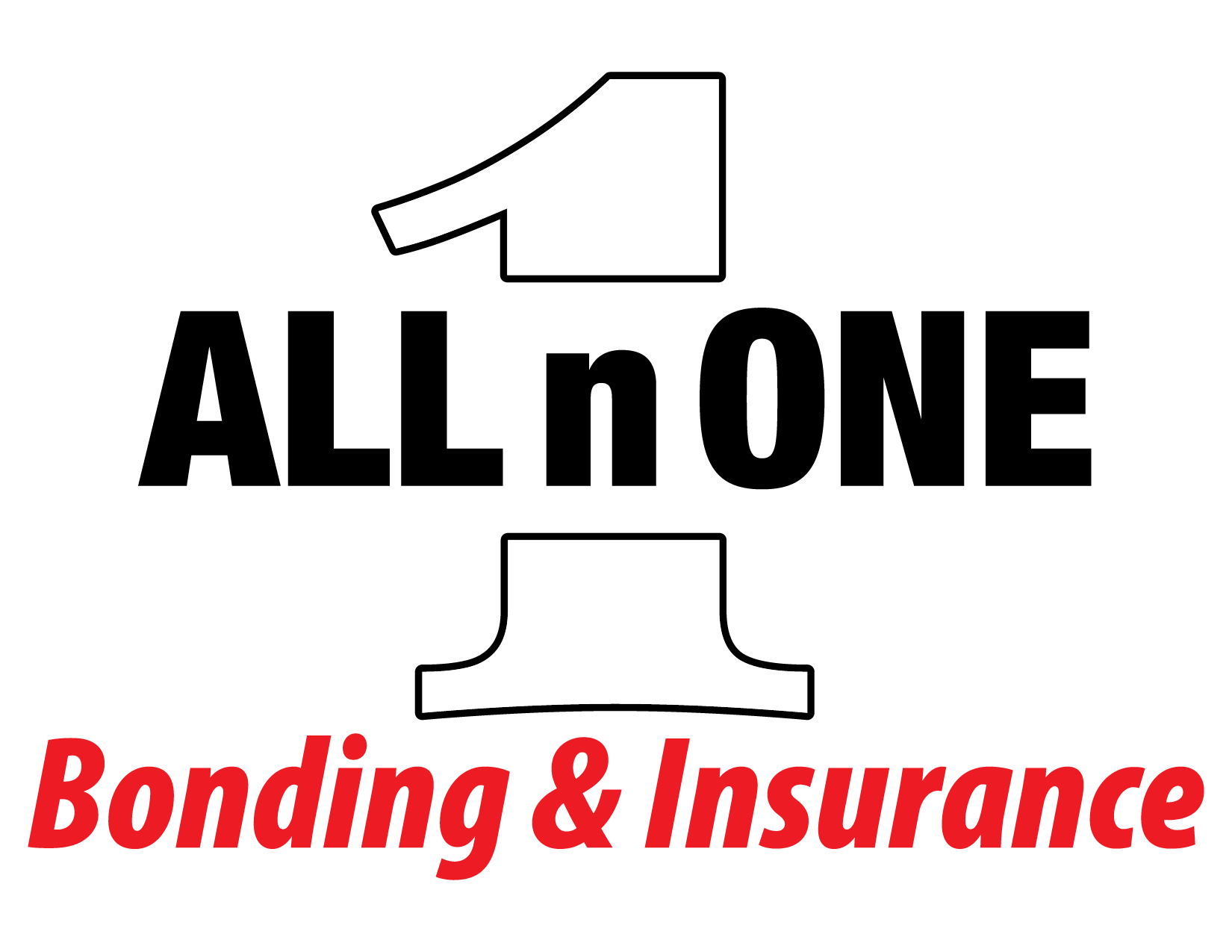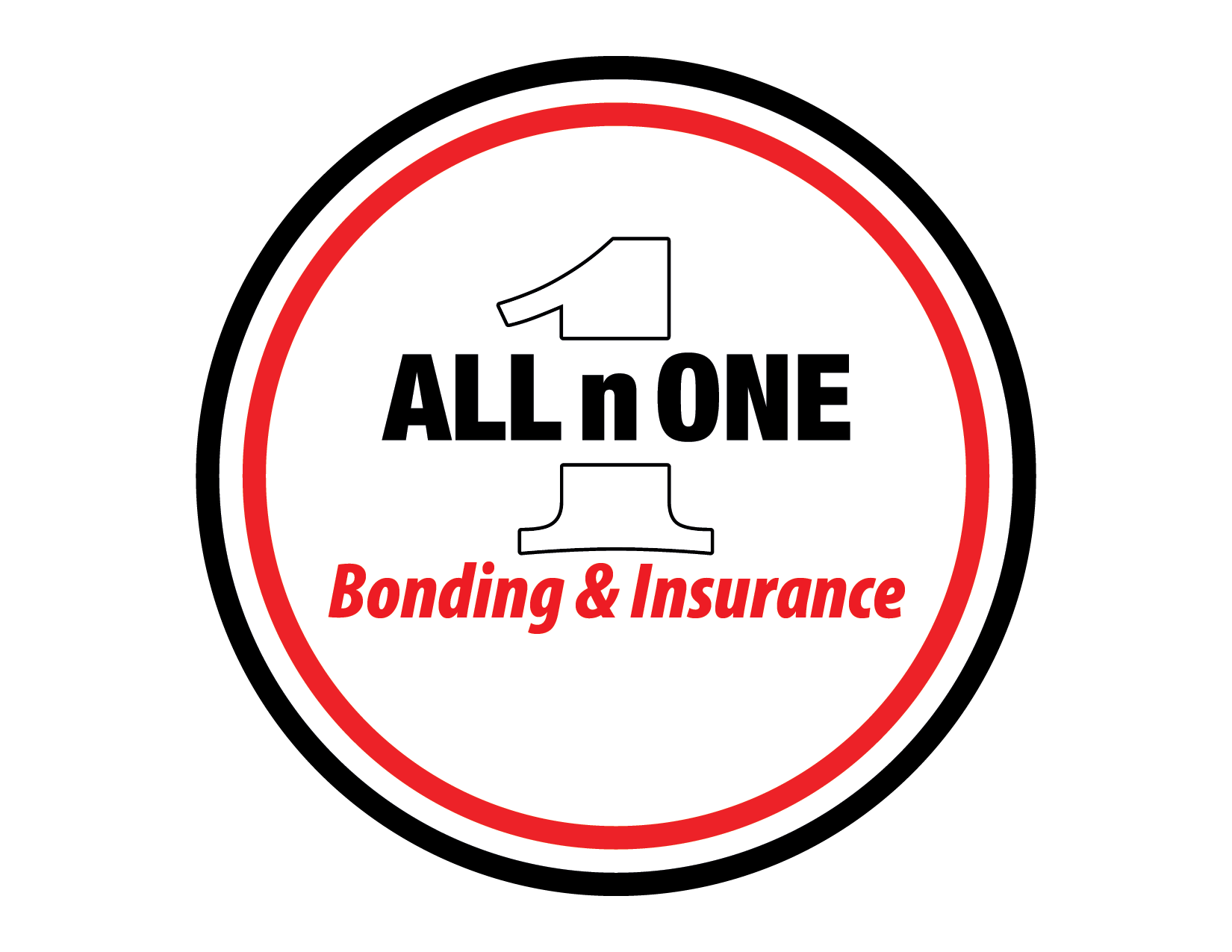Looking for surety bond examples? You’ve come to the right place.
Keep reading to learn more!
What Is An Example of A Surety Bond?
Since there are thousands of different kinds of surety bonds, let’s focus on one of the most common examples.
Commercial Bond
As an example of a commercial bond, let’s say the state of Nevada requires a car dealership to get an auto dealer bond. The purpose of the bond is to ensure the dealership follows the law, which includes not scamming customers.
If the dealership violates the bond, the bond would then compensate the customers who suffered financial injury as a result. This is a classic example of a commercial bond, although there are many similar examples.
Sub-categories of commercial bonds include but are not limited to:
- Auto Dealer Bonds (as mentioned)
- Contractor Bonds
- Freight Broker Bonds
- Notary Bonds
- Contract Bonds
A Second Example of A Surety Bond
Let’s look at another common type of surety bond.
Court Bond
An example of a court bond is what’s known as an appeal bond. If someone disagrees with a court decision and files an appeal, the court may require them to get an appeal bond.
This bond is essentially a promise that, if the appeal fails, the person who filed it will pay any expenses the other side incurred because of the appeal.
Without this mechanism in place, the winning party could be left with significant financial losses.
Sub-categories of court bonds include but are not limited to:
- Appeal Bonds (as mentioned)
- Defendant Bonds
- Plaintiff Attachment Bonds
- Executor Bonds
- Guardianship Bonds
- Probate Bonds
A Third Example of A Surety Bond
Let’s explore another widely used type of surety bond – the contract bond.
Contract Bond
Let’s say a general contractor secures a project to build a new office building. By this point, the building’s owner will likely have already asked the contractor for a contract bond.
The purpose is to create a layer of protection in the event the contractor fails to fulfill the contract.
Contract bonds are important because big projects can easily go wrong.
Sub-categories of contract bonds include but are not limited to:
- Performance Bonds
- Bid Bonds
- Payment Bonds
Need A Surety Bond?
If you’re looking to get a surety bond, you’ll, of course, need to find a licensed surety company.
Once you’ve found the right company, you’ll have a consultation during which they’ll ask you for the bond amount. They’ll also assess the risk associated with your bond and calculate the premium.
The cost of the premium depends on different factors, and just so you know, it could potentially reach up to 15% of the bond amount.
Assuming you’re satisfied with the cost and the terms of the bond, you’ll then sign an agreement that states the maximum amount the Obligee can claim if you, the Principal, fail to fulfill the contract.
If you need more information or would like to get a surety bond, call us. For a more in-depth look at surety bonds, check out our Surety Bonds page.



